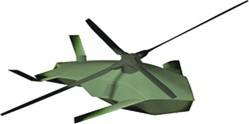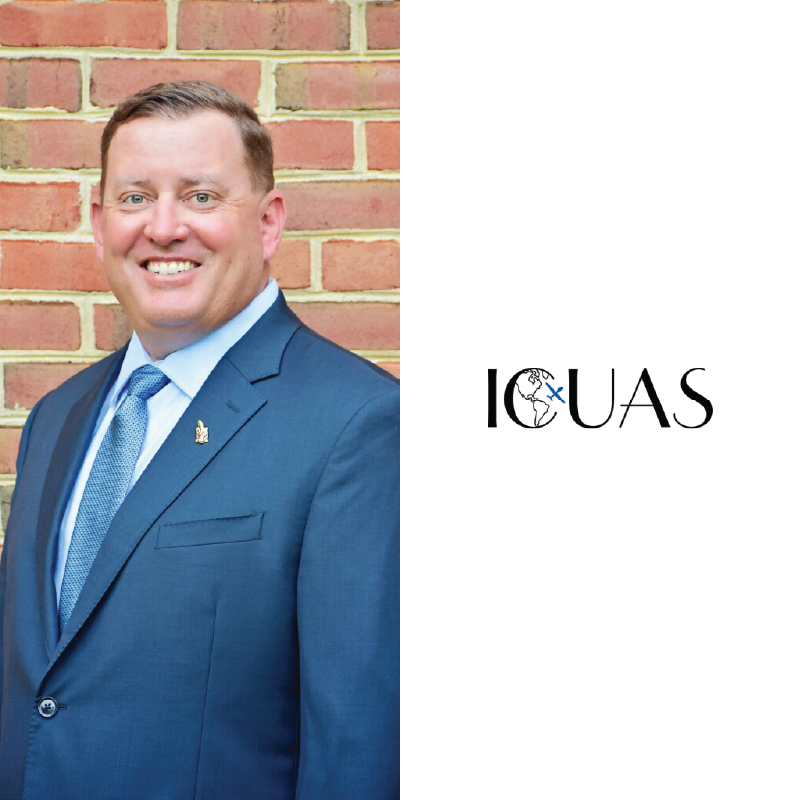News Story
Maryland Teams with Techno-Sciences, Wins Contract

MAR objectives are aggressive: increase payload by 30% and range by 40%, and reduce rotor acoustic-detection range by 50% and vibration by 90%, compared with a clean-sheet “non-adaptive,” or conventional, rotor. Principal Investigator, Dr. Curt Kothera of Techno-Sciences, in collaboration with Prof. Wereley, the Techno-Sciences Professor of Aerospace Engineering, and his research group, will lead analyses and component-level evaluations of pneumatic morphing technologies for the Bell/Boeing next-generation tiltrotor aircraft and Boeing Phantom Work’s advanced, single-rotor attack helicopter. Vehicle integration and flight testing will follow over the next four years.
Published September 2, 2010









